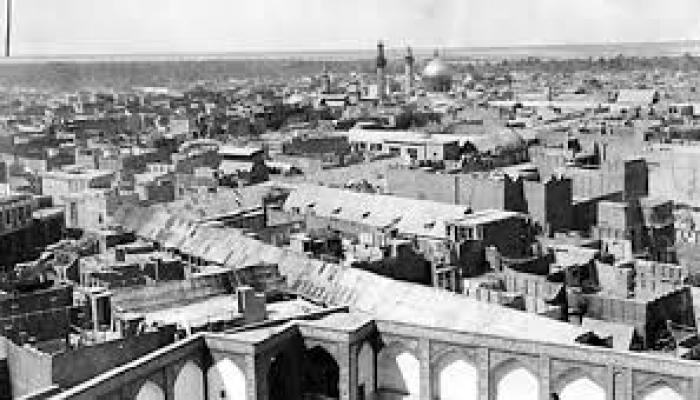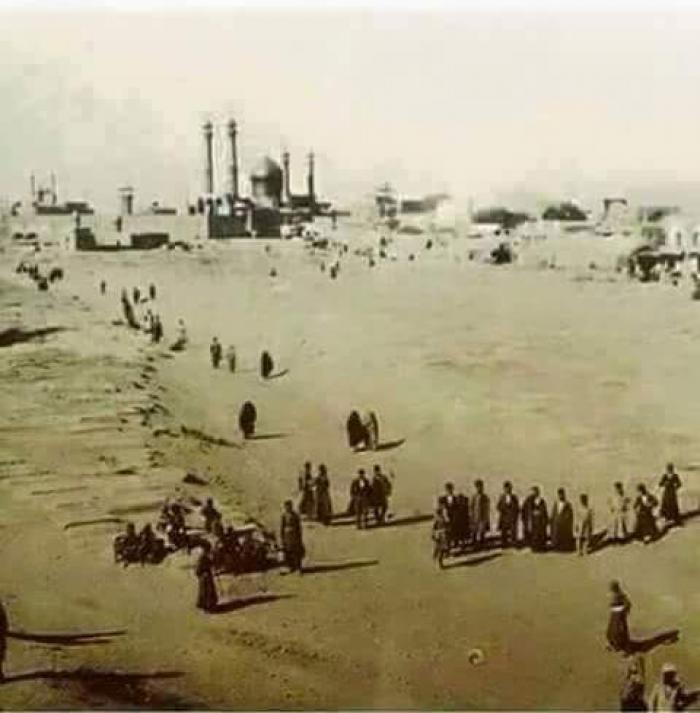After the British occupation of Iraq and the impose of its control over most of the pillars of the state at the time, the Ottoman commander "Khalil Pasha" has ordered to evacuate the city of Baghdad in the 17th of the Islamic month of Jumada I, 1335 Hijri – 1917 AD after the withdrawal of the Ottoman armies from Iraq. Then the director of Karbala district "Asaad Raouf Bek" has instructed to withdraw and to join the commander of the Euphrates region "Ahmed Bek", who kept the news of the withdrawal at low profile, before he consulted Sayyid "Abdul Wahab al-Toama", who was the deputy mayor of Karbala.
For fear for the holy city and its residents of violations and chaos as it happened in the half of the Islamic month of Sha'ban in 1333 Hijri – 1915 AD, "Asaad Raouf Bek" ordered immediately that local leaders to take control over the of the city immediately.
Therefore, the city of Karbala was run locally by a national coalition government. The legislative power was taken by Sheikh "Mohammed Ali Kamouna" with support of the "District Counsil", while the executive authority was led by Hajj "Awad Abdul Rahman al-Awad", as a committee was formed to administer the Karbala district.
On the morning of the 18th of the Islamic month of Jumada I, 1335 Hijri – 1917 AD, Hajj "Asaad Raouf " has left Karbala, so its leaders took control of the equipments and weapons in the stores and they were distributed among the city clans, while Sheikh "Mohammed Ali Kamouna" became the governor of Karbala, then appointed staff to manage its affairs.
Source:
Al-Hussein City – A Brief History of Karbala: by Mohammed Hassan Al-Kalidar, The Karbala Center for Studies and Research Vol. 5.


